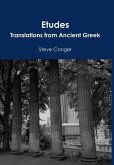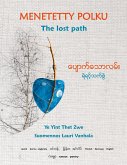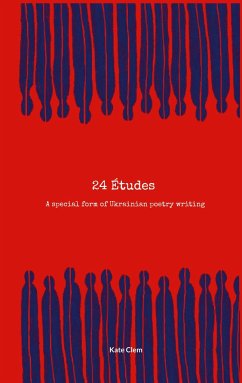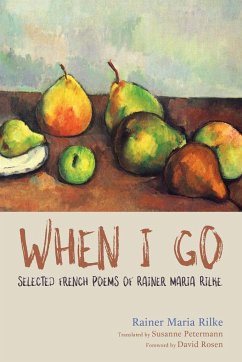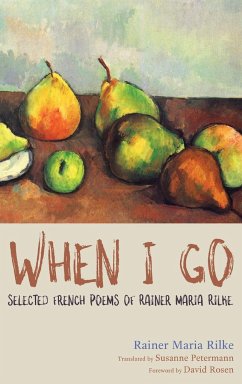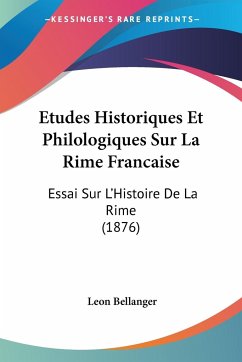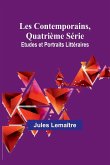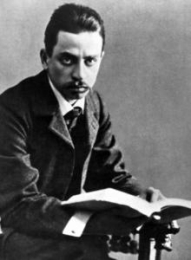Art Beck's introduction notes that "translating poetry is writing poetry, only harder." But he also views it as an art akin to musical performance. Returning to these pieces by Rilke many times over the years, Beck came to realize that "it wasn't so much to perfect or polish the English renditions as to listen more closely to the 'original score.'" In addition to selections from The Book of Images and New Poems, this volume includes the complete Sonnets to Orpheus, which the translator contends are best experienced as a cycle akin to "a wandering piece of music with various crescendos, diminuendos, pauses, and arias." Those who appreciate Rilke's lyrical style and mystical underpinnings will find much to admire in these new translations. Those interested in approaches to poetry translation will benefit from the translator's accompanying commentary, discussing how Rilke's "broad range and multiple personalities" almost require multiple translators and voices.
Hinweis: Dieser Artikel kann nur an eine deutsche Lieferadresse ausgeliefert werden.
Hinweis: Dieser Artikel kann nur an eine deutsche Lieferadresse ausgeliefert werden.


